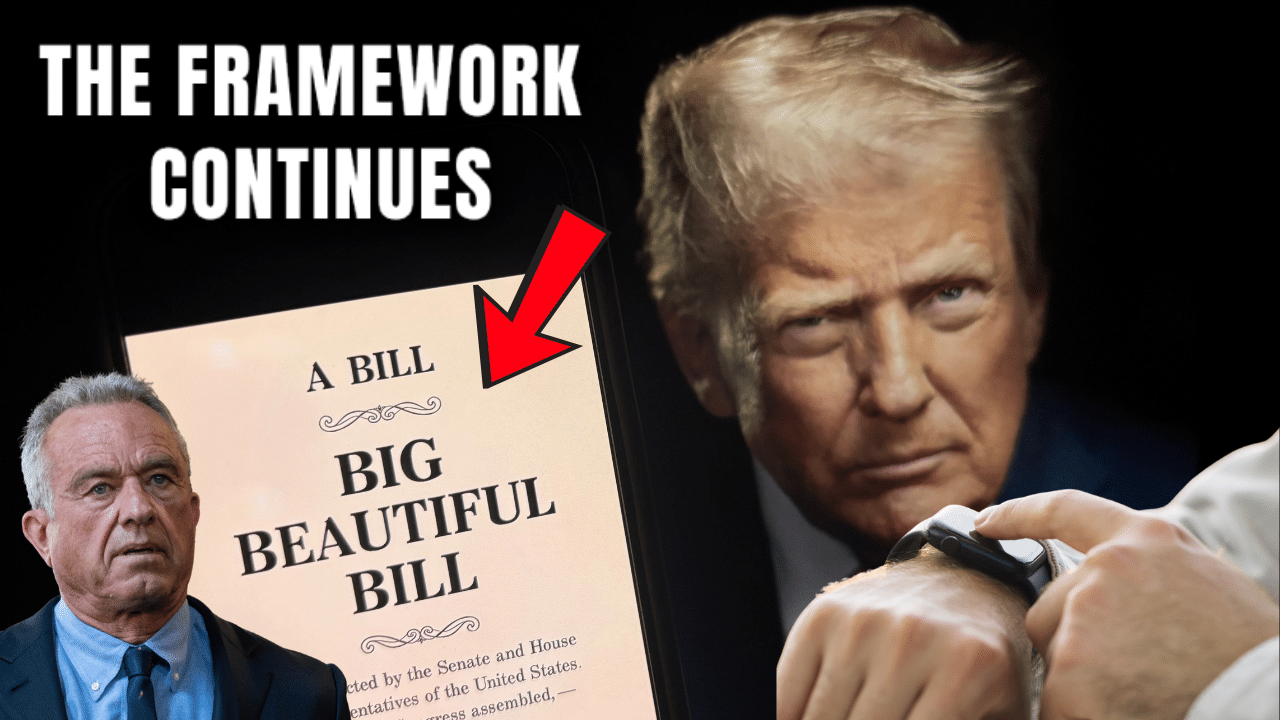Elon Musk, the billionaire CEO of Tesla and SpaceX, has ignited a firestorm of speculation about the creation of a new political party in the United States, as his public feud with President Donald Trump intensifies.
The ongoing conflict, rooted in disagreements over Trump’s legislative agenda, has led Musk to question whether it’s time to form a political party that represents the “80% in the middle” of the American electorate, according to a poll he shared on X.
The rift between Musk and Trump, once close allies, has unfolded dramatically in recent days, with both men trading barbs on their respective social media platforms.
The dispute began when Musk sharply criticized Trump’s signature domestic policy legislation, dubbed the “One Big Beautiful Bill Act,” calling it a “disgusting abomination” due to its projected $2.4 trillion increase to the national debt and cuts to electric vehicle incentives, which directly impact Musk’s Tesla.
The New York Post reported that Musk’s departure from his role as head of the Department of Government Efficiency (DOGE) on May 30, 2025, marked a turning point, freeing him to openly challenge Trump and the Republican Party.
Musk escalated the feud by posting a poll on X on June 5, 2025, asking his over 200 million followers, “Is it time to create a new political party in America that actually represents the 80% in the middle?”
The poll garnered over 4 million votes, with 81% in favor of a new party, signaling significant public interest in Musk’s proposition.
He further claimed credit for Trump’s 2024 election victory, writing, “Without me, Trump would have lost the election, Dems would control the House and the Republicans would be 51-49 in the Senate,” adding, “Such ingratitude.”
Trump, in response, expressed disappointment in Musk during an Oval Office meeting with German Chancellor Friedrich Merz on June 5, 2025, stating, “Elon and I had a great relationship. I don’t know if we will anymore.”
He suggested Musk’s criticism stemmed from the bill’s elimination of electric vehicle tax credits, which Trump claimed “forced everyone to buy Electric Cars that nobody else wanted.”
Trump further threatened to cancel billions in government contracts and subsidies for Musk’s companies, including SpaceX, which relies heavily on NASA contracts for its Dragon spacecraft operations.
The feud has drawn attention from political figures and commentators. ESPN’s Stephen A. Smith expressed interest in Musk’s idea of a centrist party, stating on X, “Mr. @elonmusk I’m all for moving America to the CENTER.”
Meanwhile, Democrats have largely stayed on the sidelines, with some seeing Musk’s actions as potentially beneficial to their cause. Democratic strategist Liam Kerr told Politico, “Anything that he does that moves more toward Democrats hurts Republicans.”
Musk’s provocative actions, including a claim about Trump’s connection to Jeffrey Epstein files and endorsing a post calling for Trump’s impeachment, have further inflamed tensions.
The New York Post noted that House Speaker Mike Johnson attempted to downplay the conflict, stating he had texted Musk and planned to speak with him, though it remains unclear if such a conversation occurred.
The public spat has had tangible market impacts, with Tesla’s stock plunging 14% and Trump Media & Technology Group’s stock sliding 8% on June 5, 2025.
As Musk continues to wield his vast wealth and social media influence, the possibility of a new political party remains a tantalizing prospect, though historical attempts, such as Ross Perot’s 1992 campaign, suggest significant challenges.
Whether Musk follows through on this idea or reconciles with Trump, the feud underscores the volatile dynamics shaping American politics today.










